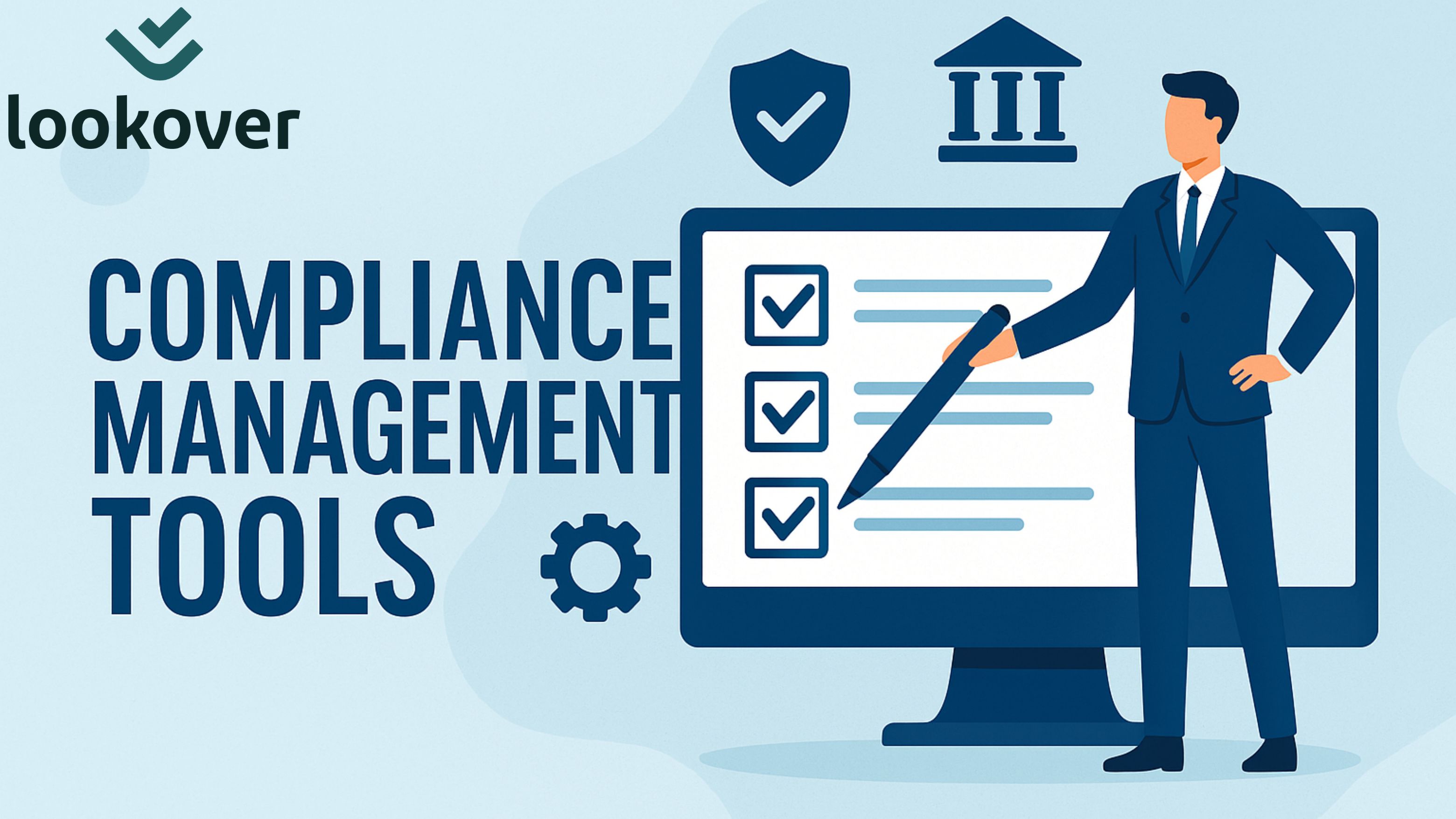Which Industries Should Use Compliance Software?

Strong 8k brings an ultra-HD IPTV experience to your living room and your pocket.
Are you sure your business satisfies every regulation for its customers? Many sectors now deal with growing layers of compliance, covering labour laws, product safety, environmental rules, and export standards. Relying on spreadsheets or emails is no longer reliable. It slows operations and increases risk. That is why compliance software has grown essential for organisations aiming to streamline requirements and work without constant worry.
The right system helps teams track documents, record inspections, and stay aware of changes. It also improves visibility across departments and makes collaboration easier, especially when multiple teams or partners are involved. Read on to discover four industries where compliance management software has become vital to smooth operations.
Leather – Manage production standards
Leather production includes many regulated steps. Tanning, dyeing, handling waste and exporting products all involve rules and certifications. Without a clear system, manufacturers may miss critical updates or documentation.
Compliance management tools support leather producers by centralising vendor certificates, test reports, and in-process checks. If a new chemical restriction is issued, the team updates the checklist and applies it across related batches. During audits or buyer inspections, staff can present records quickly because every document is organised online.
This efficient approach reduces errors and delays. It also builds confidence with buyers and regulators. Leather makers maintain quality and stay ready for market changes with software that helps them work depending on industry standards.
Textile – Simplify Audit Readiness
Textile businesses often face complex requirements, from worker safety and energy usage to sourcing certifications and export licences. Brands and regulators may expect proof of fair labour practices and environmental impact.
With compliance tools, textile firms can set up inspection templates matching different regulations. Workers log results, photos and notes on tablets. The system tracks changes, alerts teams to expired licences, and logs approvals in real time.
This means no last-minute scrambles when audits are scheduled. It also reduces risks related to global buyers or unexpected rule changes. Compliance tools let textile operations run more reliably while keeping production flowing smoothly.
Essential Oils – Keep paperwork organised
Essential oils may seem easy, but the paperwork can be heavy. Labels, safety data sheets and export papers must match regulations across each market. One missing document can halt shipments.
Compliance tools keep labels, test results, and SDS files centralised. When a market changes labelling rules, the system helps update product info and generates revised documents fast. Teams can track expiry dates and renew tests before they lapse.
Manufacturers can also log batch‑level data, showing testing results and production details for each lot. As a result, it improves trust and protects against recalls.
With compliance management solutions, essential oil producers avoid lost sales and delays. Their documentation stays accurate, up to date and ready when needed.
Handicrafts – Ensure consistent quality
Handicraft products often involve multiple artisans and materials. Even when items are distinctive, they must still meet export and safety standards. Incorrect labelling or missing tests can lead to returned shipments or blocked orders. Compliance management tools help field teams collect photos, inspection notes, and final sign-off details.
This ensures each batch meets minimum requirements before shipping. The software also allows offline data collection, so inspectors can work even without internet and sync later. It creates a reliable record for customs, partners, and end buyers. Small craft producers no longer risk money or reputation over missed steps. Using the software, handicraft exporters can offer unique items while staying consistently compliant.
So, What’s Next?
Regulated industries cannot rely on manual checks anymore. Paperwork is missing, updates are slow, and the risk of penalties grows. Having systems in place means being audit-ready for industries like furniture, leather, textile, essential oils and handicrafts. It meets buyer expectations and avoids costly interruptions.
Proper use of compliance software ensures that processes work smoothly and reliably. The right management tools make inspections, documentation and compliance tracking simple and clear.
If your business works with physical products and external standards, now is the time to explore these tools to build consistency, confidence and growth. Lookover can offer solutions for managing complex workflows. So, are you looking to upgrade your compliance processes soon? Consult the team to stay compliant and competitive in your industry.
Note: IndiBlogHub features both user-submitted and editorial content. We do not verify third-party contributions. Read our Disclaimer and Privacy Policyfor details.







